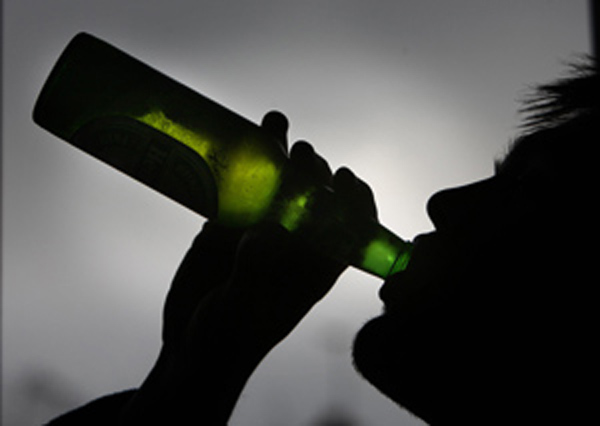Alcohol addiction similar to mental illness, speaker says

 “Are we dealing with a problem or a disease?’’ asked Peter John A. Messiah, Addiction Prevention Studies director at Oklahoma City University.
“Are we dealing with a problem or a disease?’’ asked Peter John A. Messiah, Addiction Prevention Studies director at Oklahoma City University.
“What is addiction? Can you have a problem without it being an addiction?”
These are some of the questions Messiah set out to answer in a speech at OCCC recently.
A group of about 35 people, made up of students and faculty, came to learn more about the signs of addiction and what addiction truly is.
Messiah stressed throughout the lecture that addiction is much more serious than most people think and in some cases is very similar to a mental disease.
He also explained that just because someone has a problem or does something frequently doesn’t quite mean that they have an addiction.
“Addiction is more than something that you just like to do; it is something that you feel you cannot live without,” Messiah told the listeners.
He said many people don’t fully understand what addiction really is.
“People seem to throw the word [addiction] around for all sorts of things,’’ Messiah said. “They say that they are addicted to silly things like eating chocolate, watching television or exercising, as if addictions were just hobbies.
“We have to start using the term addiction appropriately,” Messiah said. “It is used far too loosely.
“Now that we know what addiction is, how do we tell if we, ourselves, or a loved one is addicted to something?” Messiah inquired. “Let’s look at some signs of addiction with something that many people struggle with — alcohol.”
He turned to a bullet list on the screen behind him and began to read and explain each point.
Signs of an alcohol addiction:
Drinking to calm nerves, forget worries, or boost a sad mood
Guilt about drinking
Unsuccessful attempts to cut down/stop drinking
Lying about or hiding drinking habits
Causing harm to oneself or someone else as a result of drinking
Needing to drink increasingly greater amounts in order to achieve desired effect
Feeling irritable, resentful or unreasonable when not drinking
Medical, social, family, or financial problems caused by drinking
Spending a great deal of time getting alcohol and drinking alcohol
Drinking in risky situations such as before driving or before engaging in unwanted/unprotected sex.
Messiah said addicts aren’t necessarily in a place where they can control their behavior without professional intervention.
“Therefore we should seriously look at addiction as something more like a brain disease rather that an unhealthy hobby,” he said. Messiah went on to say that facing addiction alone is extremely difficult so people should take advantage of all the help they can get.
Finally, he encouraged those struggling with addiction to seek help. He also encouraged relatives and friends of those struggling with addiction, get them help before their addiction brings them tragic consequences.
He recommended that one good source of help on campus is Jenna Howard, one of OCCC’s licensed professional counselors.
To contact Messiah for more information or suggestions, he can be reached at pjmessiah@okcu.edu.
For on-campus information, contact Jenna Howard at jhoward@occc.edu or stop by Student Support Services.